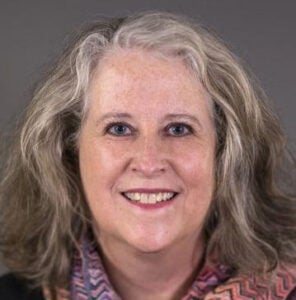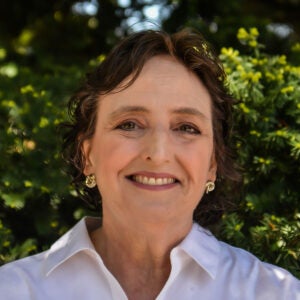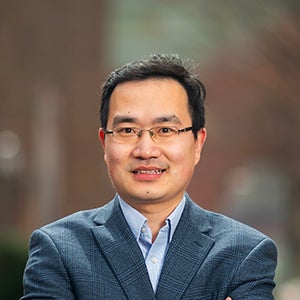 Slavery and Freedom in Philadelphia
Slavery and Freedom in Philadelphia
Kathleen M. Brown, Professor of History,
Penn SAS; meets Thursdays at Penn
What can we learn about slavery and freedom from studying the history of Philadelphia? Located in the first state to create a plan to abolish slavery, Philadelphia soon became the U.S. city with the largest population of free Black people during the antebellum period. It was also home to a bold interracial abolition movement and to the first African Methodist Church. But the state of Pennsylvania bordered Maryland and Delaware, where slavery remained legal, and from which enslavers and slave catchers regularly attempted to capture people they claimed had “stolen” themselves from slavery. And the University of Pennsylvania was home to a medical school that trained thousands of white doctors from southern slaveowning families. How these conflicting legacies shaped the lives of Black Philadelphians and their white allies during the eighteenth and nineteenth centuries and beyond is the focus of this course.
What Government  Does
Does
Robin Kolodny, Professor of Political Science,
Temple CLA; meets Wednesdays at Temple
Social Studies education usually begins with units on community helpers, but then moves quickly to representative government, elections, and elements of the U.S. Constitution. Yet teachers use democratic principles all the time in making and implementing class rules, promoting good citizenship while in school, and explaining that some restrictions on what we each may do during the school day allow everyone to have a better experience. We lose this connection when we move so quickly to our nation’s founding documents. This seminar will focus on creating curriculum units on local and state government regulations that citizens rely on daily. We will help students see that the government responds to collective action problems that individuals cannot “fix” on their own. Collective action problems arise when individual actions to solve a problem produce a worse outcome than when individuals cooperate to solve the problem. Classic examples include drinking water, waste management, roads, and food inspections.


